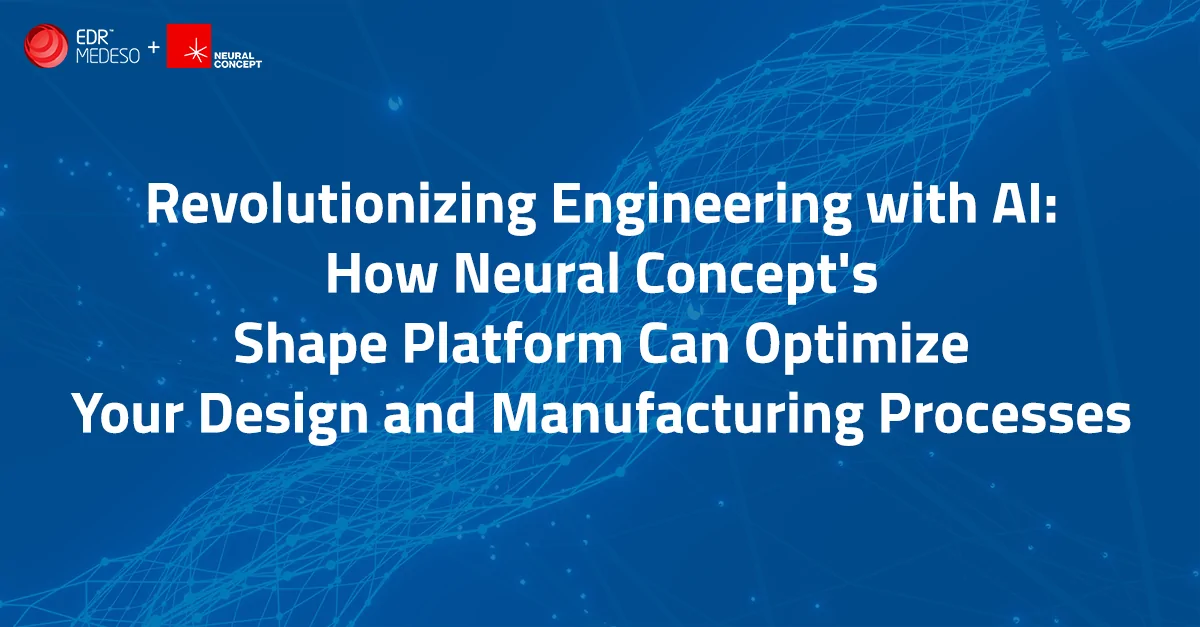How AI for engineering can give benefits to your design and manufacturing processes

The first benefit of using AI for engineering is increased efficiency. AI-powered software can automate time-consuming and repetitive tasks such as generating 3D models, design optimization, and conducting simulations. This allows engineers to focus on more complex and creative tasks that require human expertise and decision making. Additionally, AI can learn from past designs and simulations, identifying patterns and trends that will inform future designs, making your processes faster and more accurate.
Secondly, AI for engineering can help reduce costs. By automating processes and optimizing designs, AI can help minimize material waste, reduce production design time, and improve product performance. Moreover, AI can identify potential design flaws and suggest improvements, preventing costly errors and reducing the need for expensive physical prototypes. This can lead to significant cost savings over time.
Thirdly, AI for engineering can improve product quality. AI-powered software can run simulations and analyze data in near real time to identify potential design issues before a product is manufactured. This can help ensure that the product meets performance and safety requirements, reducing the risk of failure or recalls. Additionally, AI can identify opportunities for product optimization and suggest improvements that can enhance the product’s quality and user experience.
Finally, not implementing AI for Engineering through Neural Concept’s Shape Platform may result in missed opportunities and increased risks. Without Neural Concept’s AI-powered software, engineers may miss the benefits of automation, optimization, and simulation resulting in efficiency, reduced cost, and enhanced quality. AI can help engineers analyze and implement data into identifying patterns and predicting behavior to optimize performance and reliability. As such, failing to implement AI for engineering will put companies at a competitive disadvantage, as their competitors who have embraced AI for engineering will outperform them in terms of productivity, innovation, and customer satisfaction.
Ultimately, the benefits of integrating AI into engineering are too significant to ignore, and companies that fail to do so may struggle to keep up with the pace of technological progress and the demands of their customers.
